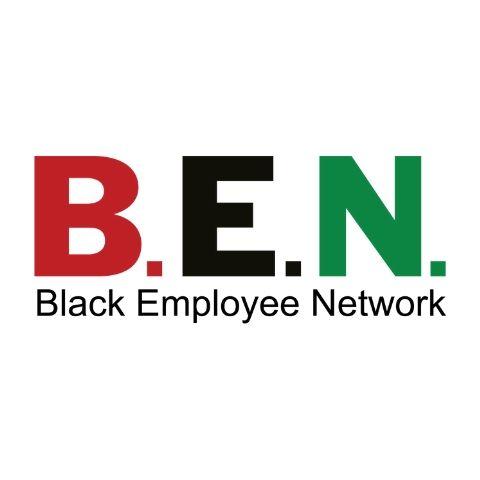The History of Juneteenth
By Chuck Spinner, Vice President of Research & Development Engineering

Read on the ON Semiconductor blog
Juneteenth – also known as Freedom Day, Emancipation Day or Juneteenth Independence Day – is an American holiday that marks the effective end of slavery in the United States.
The Emancipation Proclamation executive order issued by President Abraham Lincoln was declared on January 1, 1863. The executive order meant IMMEDIATE freedom for more than three million slaves in the 11 rebelling states. However, it was not until June 19, 1865 (more than two years after the presidential proclamation) that slaves in Texas were told that they were free. Enforcement of the Proclamation was problematic in Texas due to the small number of Union soldiers that could enforce it. However, in June of 1865, Major General Gordon Granger of the Union Army came to Galveston, Texas to declare the end of the Civil war and free all slaves. The Thirteenth Amendment, paved by the Emancipation Proclamation executive order, abolishing slavery and involuntary servitude, was added to the Constitution on December 6, 1865. Thus, ensuring slavery would never happen again.
In today’s connected society via the internet and social media, it seems quite strange that the news of freedom, denying hundreds perhaps thousands of slaves their IMMEDIATE freedom, would NOT be announced or enforced until two years later. However, for reasons unknown, the slaves in the state of Texas were unaware of their freedom. Therefore, Juneteenth marks the day ALL those enslaved in the United States for more than 200 years were now free citizens.
This phase in American history is especially meaningful today in light of recent events in the news. Observing Juneteenth also gives us an opportunity to share information about our history with our colleagues, friends and family. Juneteenth is celebrated in many ways including historical performances, sporting events, arts and music festivals. It is a time to focus on education and advancement. Traditions include public readings of the Emancipation Proclamation, singing traditional songs such as “Lift Ev’ry Voice and Sing,” a song of freedom and hope for African Americans, and reading of works by noted African American writers such as novelist Ralph Ellison and poet Maya Angelou.
“What happens to a dream deferred?
Does it dry up
like a raisin in the sun?
Or fester like a sore—
And then run?
Does it stink like rotten meat?
Or crust and sugar over—
like a syrupy sweet?
Maybe it just sags
like a heavy load.
Or does it explode?”
In today’s social environment, the concept of freedom for all seems more important than ever. Some of you may wonder why people are protesting; why there is so much frustration and sometimes anger as demonstrated through those who participate in social justice marches globally. It is important to note that people of ALL races and nationalities across the world have participated in the mostly peaceful protests and shared the concern that some in our communities are not treated with fairness, empathy and humanity. As we celebrate Juneteenth, we look to our history to better understand the context of this frustration and the American right of freedom.
Internally, our Diversity and Inclusion Initiative is collaborating with our Black Employee Network (BEN) and our learning and development team to provide unconscious bias and social awareness trainings to all employees globally. As founding members of the BEN, we know that only through self-reflection, education and productive conversations, we can help to build the foundations of understanding and social and cultural awareness. Please take some time to read more about Juneteenth, the Black experience and how you can learn more about different cultures.
-
A Crash Course in Juneteenth by Jillian Abel
-
Check in on Your Black Employees, Now By Tonya Russell
-
The 1619 Project and podcast from The New York Times
-
Why I’m No Longer Talking to White People About Race from The Guardian
-
Talking About Race from The National Museum of African American History and Culture
-
Diverse Reading for Children from NPR
-
Being Black in Corporate America from the Center for Talent Innovation
For more information about the actions our company is doing around Diversity and Inclusion, please visit our Diversity and Inclusion Initiative site.
Contributing authors: Gail Ricketts, Theresa Haywood-McCarley and Paulette Moore

